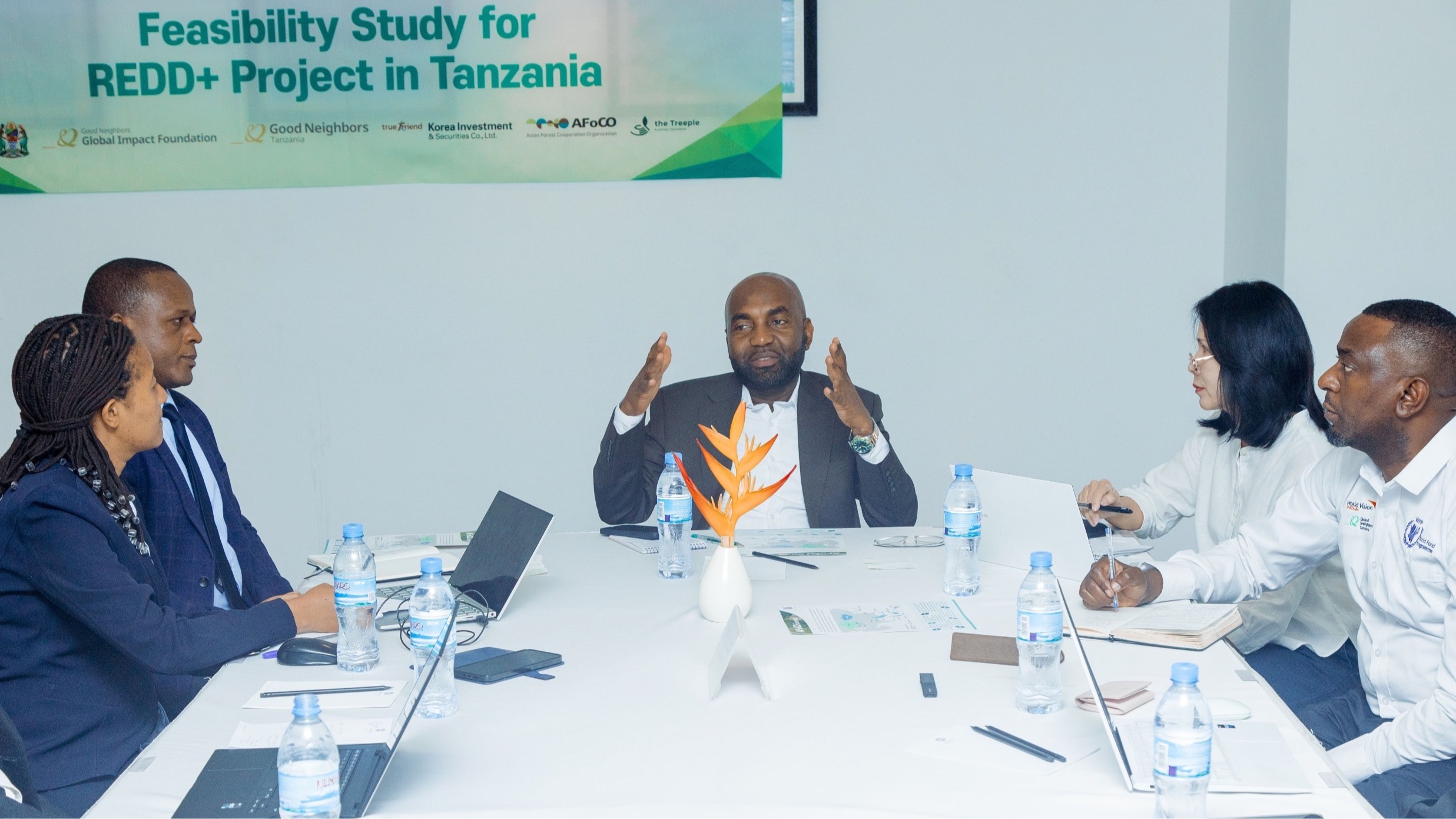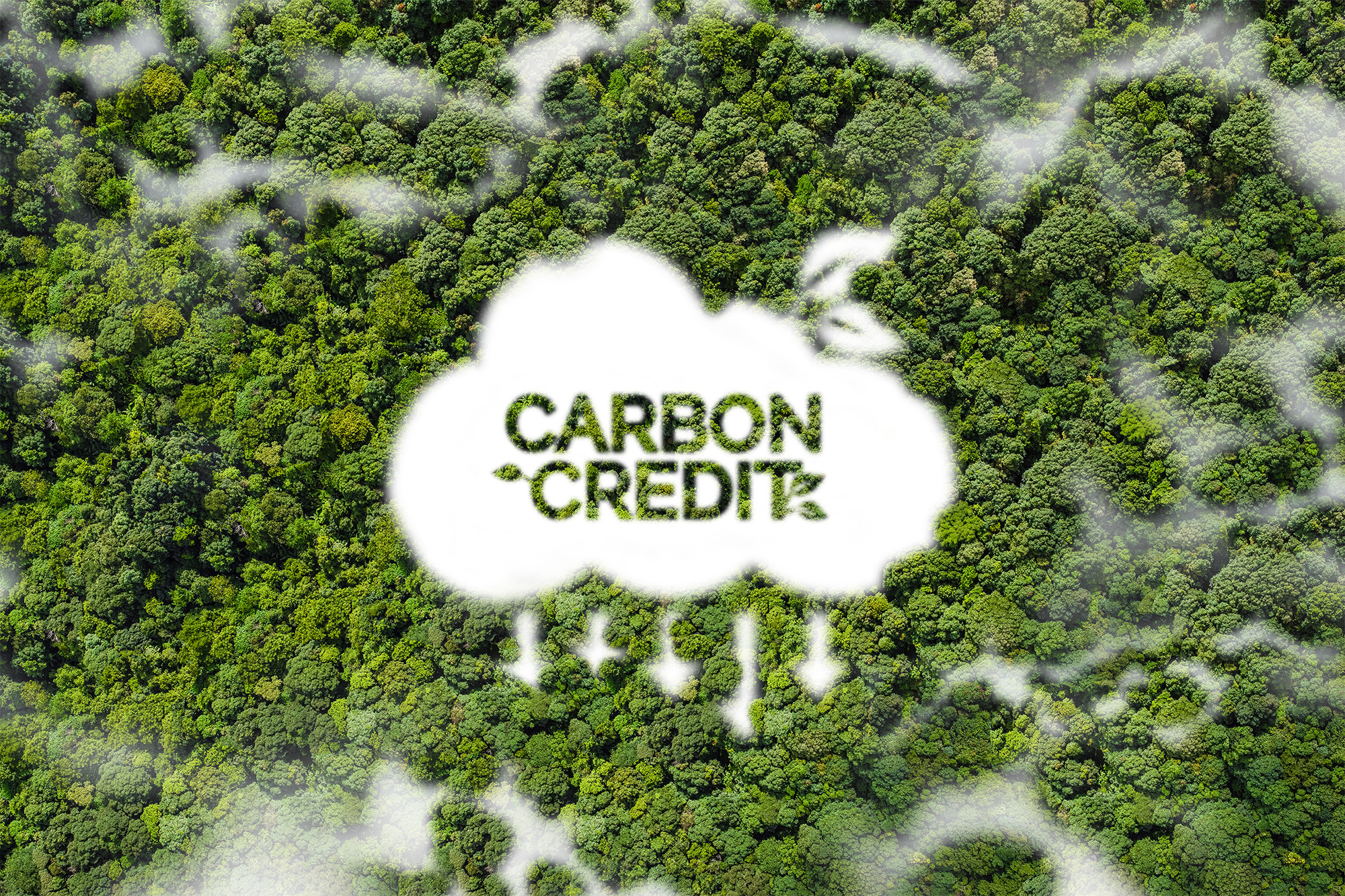Carbon credit ratings provider Sylvera has recently unveiled a suite of innovative tools on its platform tailored for carbon market investors. This launch includes a groundbreaking product designed to empower users in discovering and evaluating carbon reduction projects. With this tool, investors can seamlessly explore and compare various carbon reduction initiatives, enabling them to make informed decisions aligned with their sustainability objectives.
Furthermore, Sylvera introduces a cutting-edge solution aimed at streamlining the screening and assessment process for carbon projects. This tool equips investors with the necessary insights to evaluate the credibility and efficacy of potential projects, ensuring transparency and accountability in carbon offset investments.
The timing of these advancements is crucial, as the demand for carbon offset projects and associated credits is poised to surge in the coming years. As more companies and businesses commit to achieving net zero emissions, the reliance on offsets as a strategic component to mitigate unavoidable emissions or supplement direct reduction efforts becomes increasingly pronounced. Sylvera’s new tools address this growing demand by providing investors with robust capabilities to navigate the evolving landscape of carbon markets effectively.
With sustainability becoming a focal point for organizations worldwide, the role of carbon offsetting is becoming paramount in achieving emission reduction targets. Sylvera’s innovative offerings not only facilitate access to credible carbon reduction projects but also contribute to fostering a more transparent and resilient carbon market ecosystem. As the drive towards net zero intensifies, these tools are poised to play a pivotal role in accelerating the transition to a more sustainable future.
In a further potential boost to the carbon credit market, the SBTi recently announced that carbon credits will likely be permitted in net zero targets to help address Scope 3 emissions.
The unregulated and rapidly growing market faces a series of challenges, however, with market participants unable to differentiate between high and low quality projects with insufficient or inconsistent data to assess the effectiveness of the projects. Additionally, projects are currently fragmented across different registries, creating challenges for investors to find and compare projects.
Founded in the UK in 2020, Sylvera’s carbon intelligence platform helps organizations evaluate and invest in high quality carbon credits, utilizing proprietary data and machine learning technology to produce comprehensive insights on carbon projects. The company announced a $57 million funding round last year, with proceeds to be used to support its expansion, including the build out of its platform to include new data and information about carbon credits.
The new products include Sylvera Project Catalog, which brings together and harmonizes data from nine major registries, enabling investors to discover nearly 20,000 projects across technologies ranging from Biochar to Landfill Methane, as well as to compare across project types, and connect to suppliers to procure or invest in credits in a single place. The data sets are updated daily and Sylvera said that it plans to continue to add projects from more registries.
Sylvera also introduced Screenings, a new tool aimed at providing investors with an overview of project quality, key characteristic, and risk factors, with high-level assessments of key positives and risks across the quality pillars including carbon accounting, additionality, permanence and co-benefits. According to Sylvera, the new tool is designed to provide key signals of quality and risk early, allowing projects to be screened prior to conducting more detailed due diligence.
Allister Furey, CEO and co-founder of Sylvera said:
“Navigating the carbon market isn’t easy: it’s disjointed, opaque and ever-changing – that makes it hard for investors to find, understand, and invest in quality projects that advance their goals, as well as overall net zero progress. To incentivize investment in real climate action, we build the data and tools to reduce the barriers and streamline the process.”



